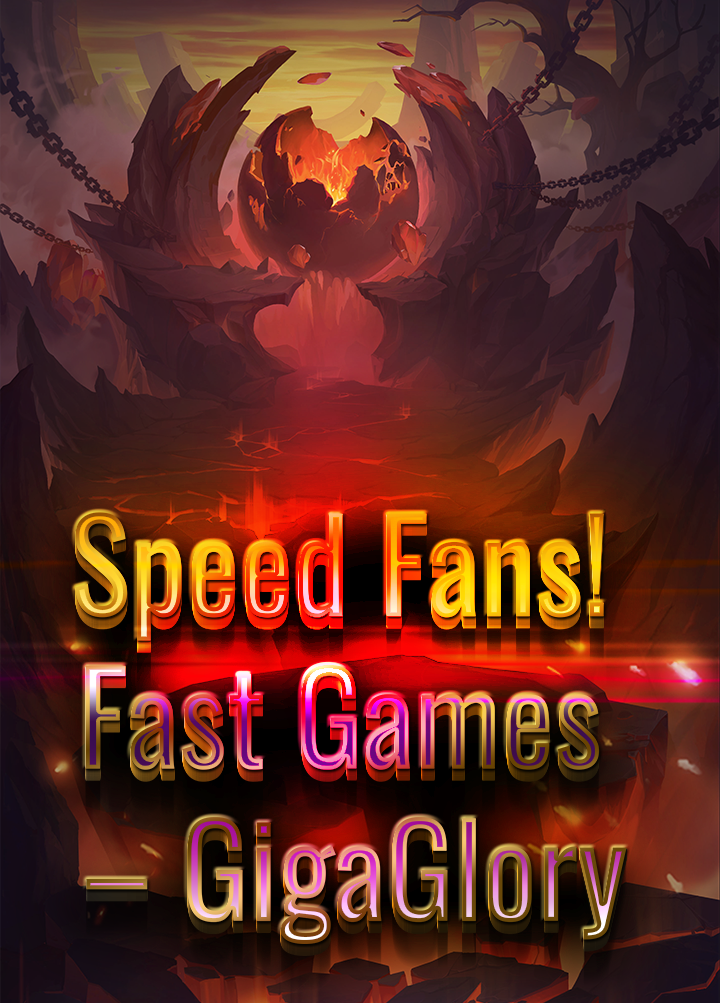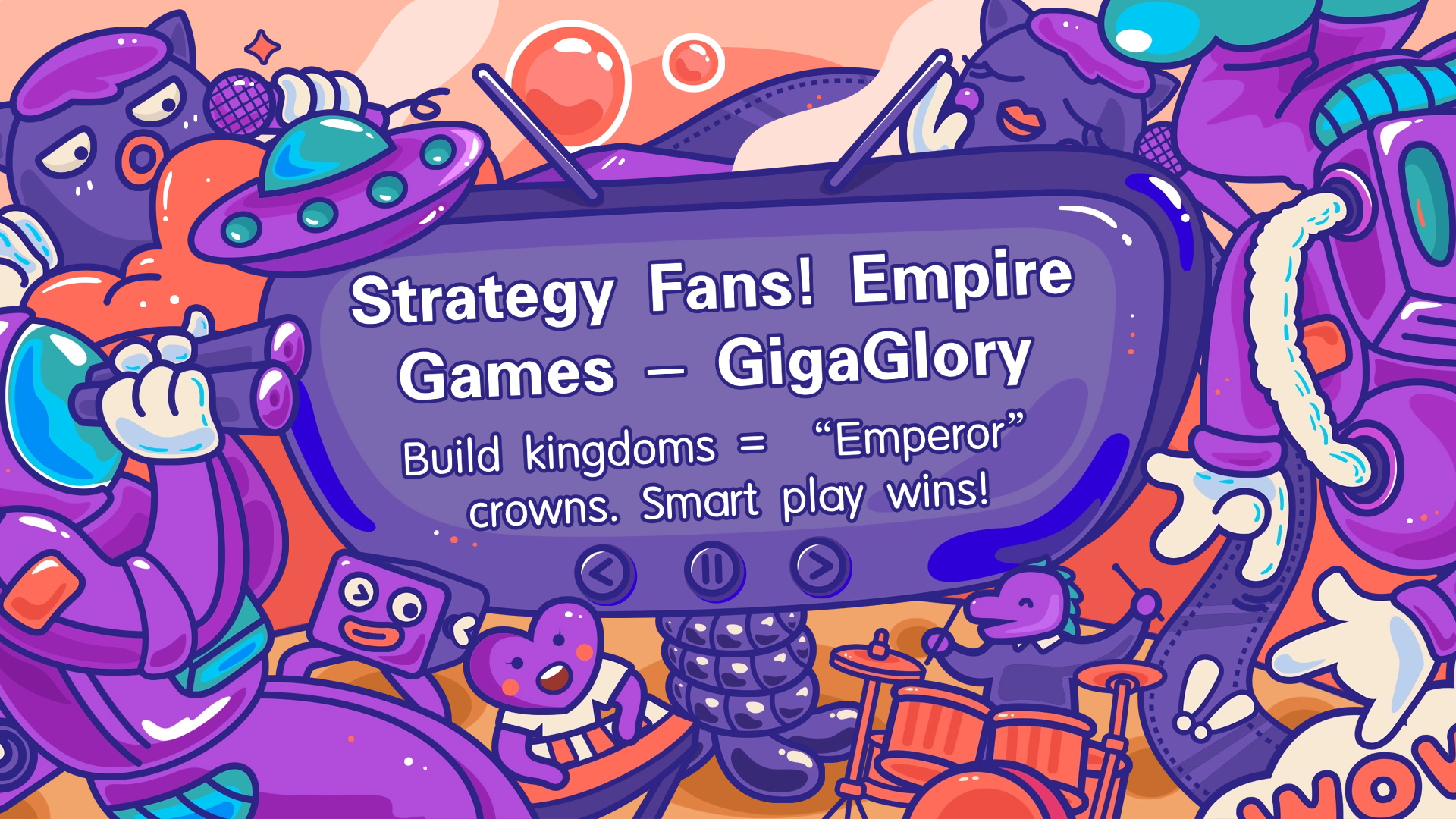Exploring the Rise of Indie MMORPGs: A New Era for Online Gaming Enthusiasts
In recent years, the gaming landscape has undergone a profound transformation. Among these changes, Indie MMORPGs have begun to carve out a significant niche, promising fresh content and community-driven experiences. As gamers gravitate towards alternatives to traditional titles, this surge raises questions about the future of online gaming. This article explores this trend, highlighting key aspects of indie MMORPGs, their impact on the genre, and the special appeal they have to dedicated players.
The Evolution of MMORPGs
From their inception, MMORPGs have thrived on the ability to connect players in expansive worlds. Early games like Ultima Online and EverQuest established the foundations, creating communities and social structures within digital realms. However, mainstream titles like World of Warcraft overshadowed many smaller projects along the way. The recent indie revolution is not just a change in game development; it's a cultural shift within the gaming community that emphasizes creativity, diversity, and player feedback.
Defining Indie MMORPGs
So, what exactly constitutes an indie MMORPG? If we break it down, indie games are typically created by small teams or independent developers without the backing of large publishers. These games often prioritize innovation and experimentation over mass-market appeal. The growing acceptance of crowd-funding and self-publishing has empowered developers to bring their visions to life, leading to a resurgence of indie MMORPGs.
The Appeal of Indie MMORPGs
Indie MMORPGs offer several distinct advantages:
- Creativity: Smaller teams often have the freedom to innovate, introducing unique mechanics and storytelling techniques.
- Community Focus: Indie developers typically maintain close ties with their player base, valuing feedback that directly influences game development.
- Accessibility: Many indie games are easier to access, often available on multiple platforms such as PC, console, and mobile.
Notable Indie MMORPGs to Explore
Some standout titles have already emerged, captivating players worldwide. Check out these games:
| Game Title | Developer | Release Date | Key Features |
|---|---|---|---|
| Albion Online | Sandbox Interactive | 2017 | Player-driven economy, class flexibility |
| Summer of 58 | EmberWoods | 2021 | Horror elements, immersive storytelling |
| Project V4 | NCSOFT | 2019 | Gorgeous graphics, extensive lore |
Comparing Indie and Mainstream MMORPGs
While mainstream MMORPGs offer polished experiences, they often focus on high-budget marketing and player retention strategies. The table below highlights some differences:
| Feature | Indie MMORPGs | Mainstream MMORPGs |
|---|---|---|
| Development Scale | Small teams | Large studios |
| Innovation | High | Moderate |
| Community Engagement | Direct and responsive | Indirect, often slower |
| Platform Availability | Multiple | Mostly PC and Console |
The Impact of Player Communities on Development
One of the most compelling aspects of indie MMORPGs is how they leverage player communities. Developers actively gather feedback during the alpha and beta stages, which results in adjustments that better align with player desires. For example, game mechanics might be tweaked, new features added, or bugs fixed based directly on user experiences.
Challenges Faced by Indie Developers
Despite their many strengths, indie developers face a range of obstacles:
- Funding: Limited budgets can hinder extensive development efforts.
- Marketing: Without a large publisher backing, getting visibility is a constant struggle.
- Technical Limitations: Smaller teams often lack the resources for top-tier graphics or extensive server capabilities.
The Future of Indie MMORPGs
Looking ahead, the future of indie MMORPGs appears promising. As technology progresses, developing quality games becomes more feasible for smaller teams. Innovations in game engines, networking, and distribution will empower them to scale their ideas while remaining true to their community-centric ethos.
Related Trends: EA Sports FC 24 Crack and Beyond
Interestingly, as MMORPGs gain traction, trends in other gaming sectors also influence player expectations. For instance, discussions around EA Sports FC 24 crack highlight the growing issue of accessibility versus ethical gaming. Players are increasingly looking for options that provide value and engagement without resorting to piracy, which reflects a broader desire for affordable gaming experiences.
Combining Old and New: The Role of PlayStation 2 RPG Games
Historically renowned for their storytelling and character depth, PlayStation 2 RPG games remain beloved. Titles like Final Fantasy X and Kingdom Hearts have etched themselves in gamers' memories. The fusion of such rich narratives with contemporary indie MMORPG gameplay could potentially redefine how stories are shared in multiplayer environments.
Key Takeaways
- Indie MMORPGs are redefining community and player engagement.
- The innovation in indie titles often surpasses mainstream offerings.
- Challenges such as funding remain significant, but the future looks bright.
- Understanding existing gaming trends can shape how indie developers approach their projects.
Conclusion
In conclusion, the rise of indie MMORPGs is not just a fleeting trend; it signifies a broader shift in the gaming industry towards greater player engagement and inclusivity. As developers explore new realms of creativity, gamers will continue to benefit from this vibrant and evolving landscape. The interplay of community feedback, innovative gameplay, and rich storytelling will undoubtedly frame the next generation of gaming experiences. This new era is just the beginning for the indie MMORPG scene, resonating with the hopes and aspirations of gamers around the world. Embrace the change, because the indie revolution is here to stay.



